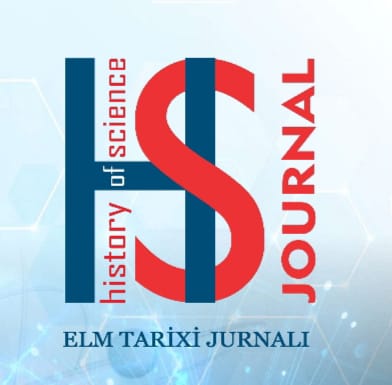The article focuses on the concept of “soft power” and its main components,including the factors that shape it and the values that determine its influence in international politics. The phenomenon of “soft power” is examined as an important resource for states’ foreign policy strategies in a globalized world. Drawing on the ideas of Joseph Nye, the article highlights the differences between “soft power” and traditional “hard power”, emphasizing the importance of culture, values, politics, and education rather than coercion. The article uses the examples of the United Kingdom, China, the United States, France, and Azerbaijan to analyze the specific features of the use of soft power in foreign policy, public administration, and cultural diplomacy. The comparison allows for the identification of both common features and national characteristics of its use. The key factors include culture, humanitarian values, internal stability, and participation in international cooperation and initiatives. The article highlights the importance of public diplomacy, media, and educational programs in shaping a positive image of a state and strengthening its position in the world. It is emphasized that the institutionalization of soft power requires a systematic approach and strategic support from the state. The work shows how theoretical principles are translated into specific strategies, allowing countries to increase their influence on the global stage without resorting to pressure or coercion.

